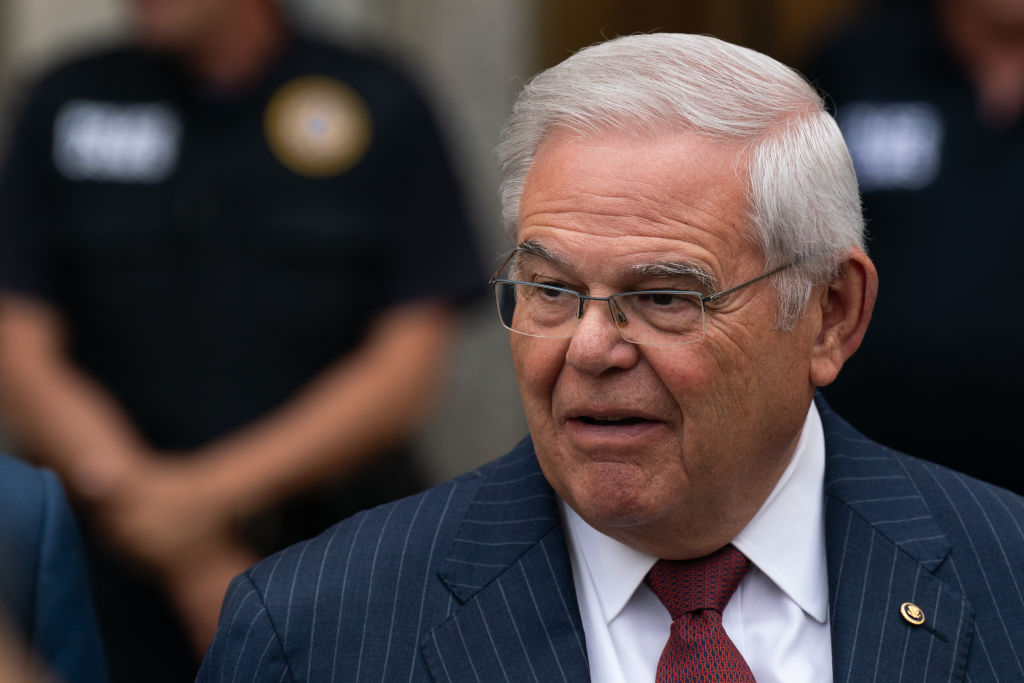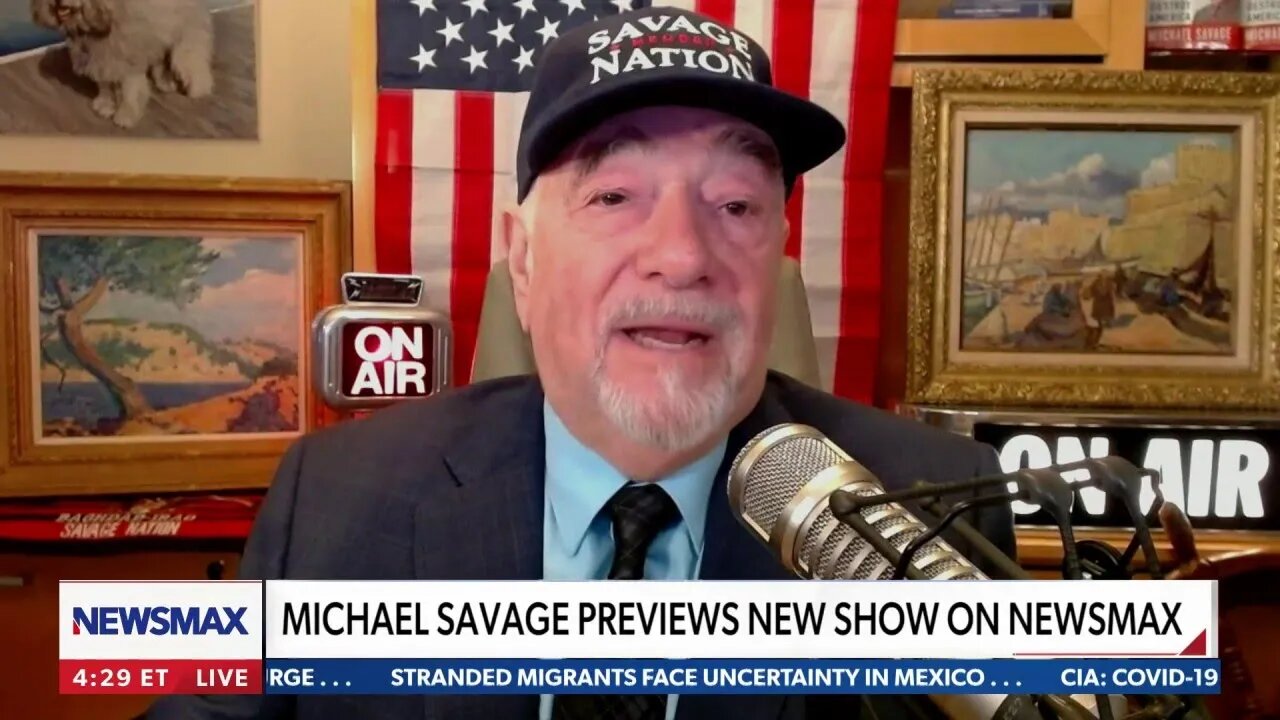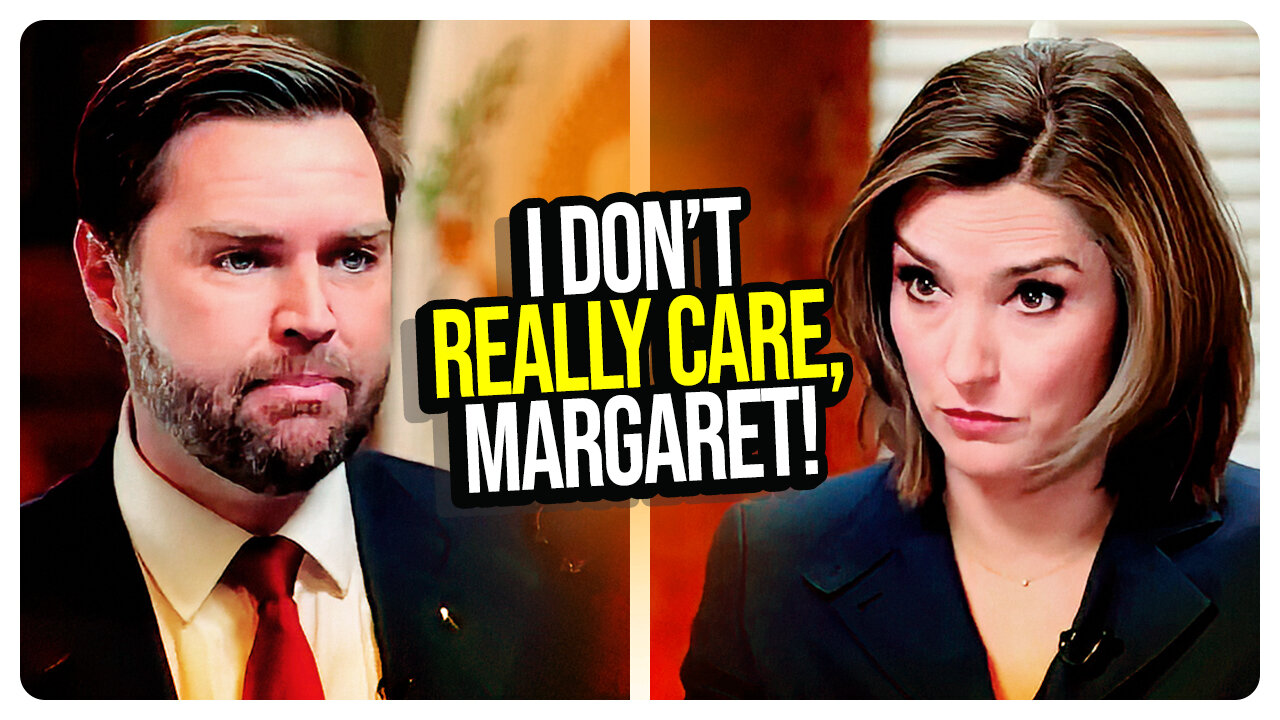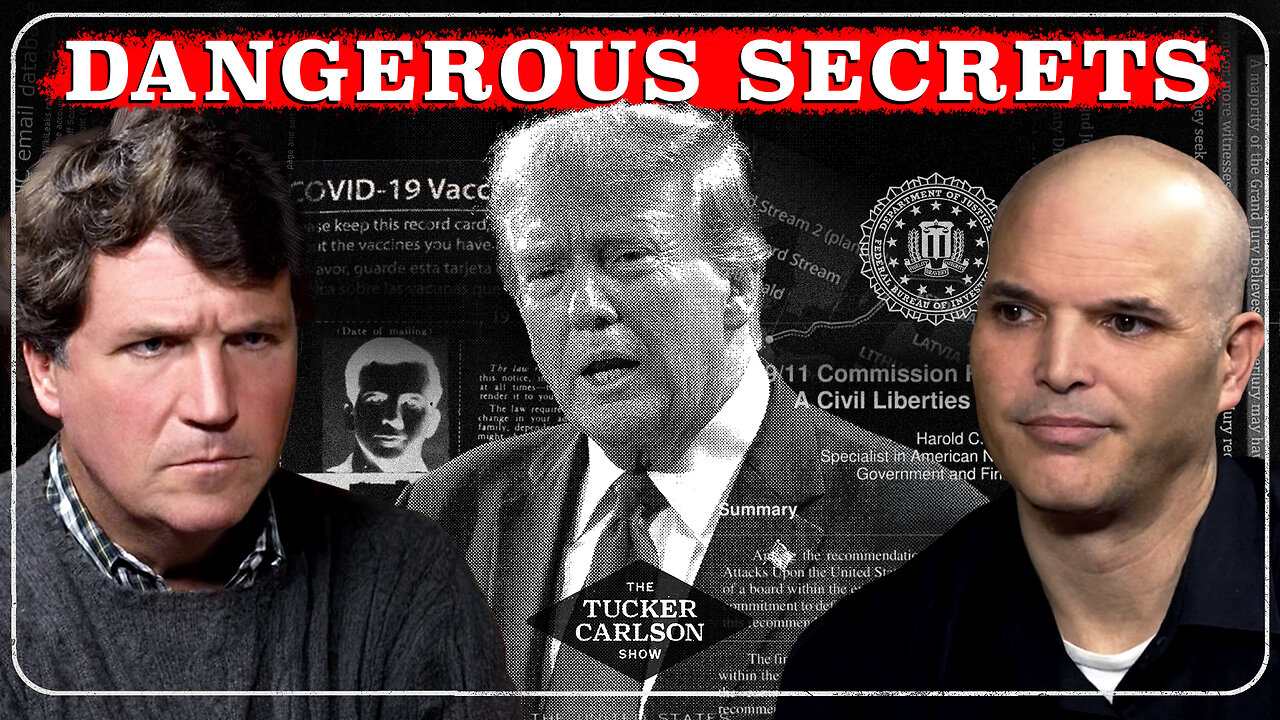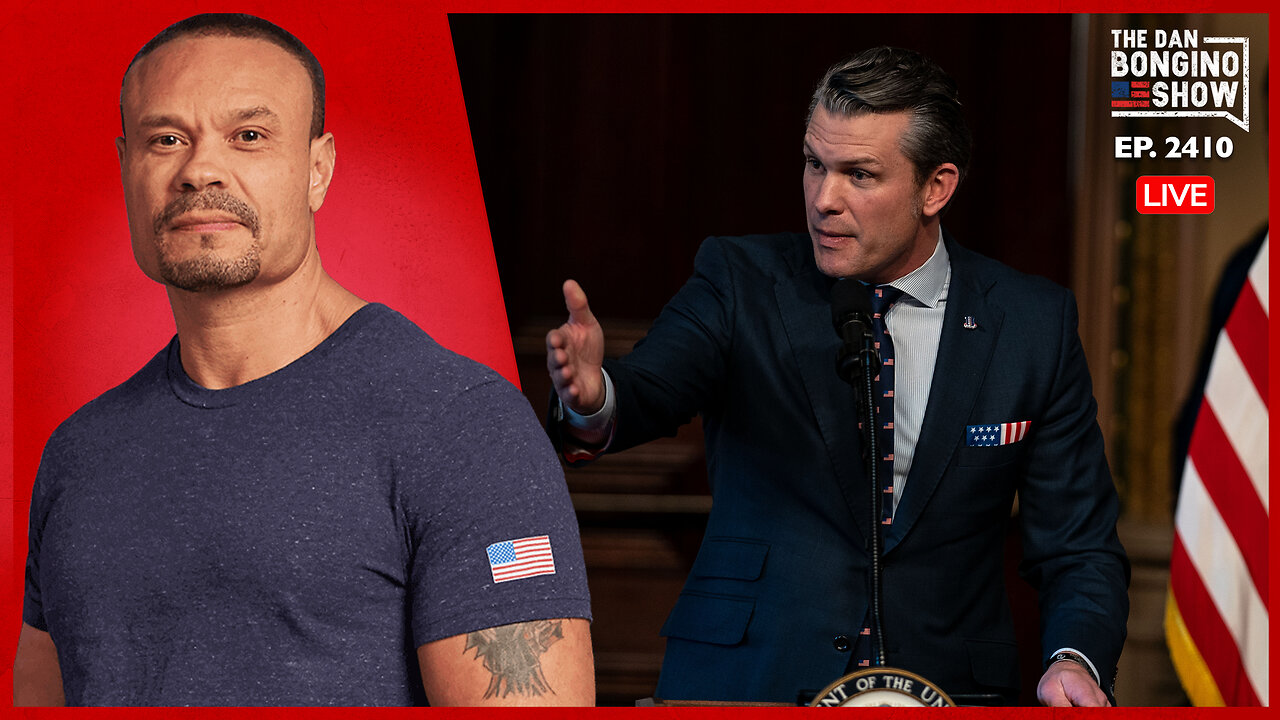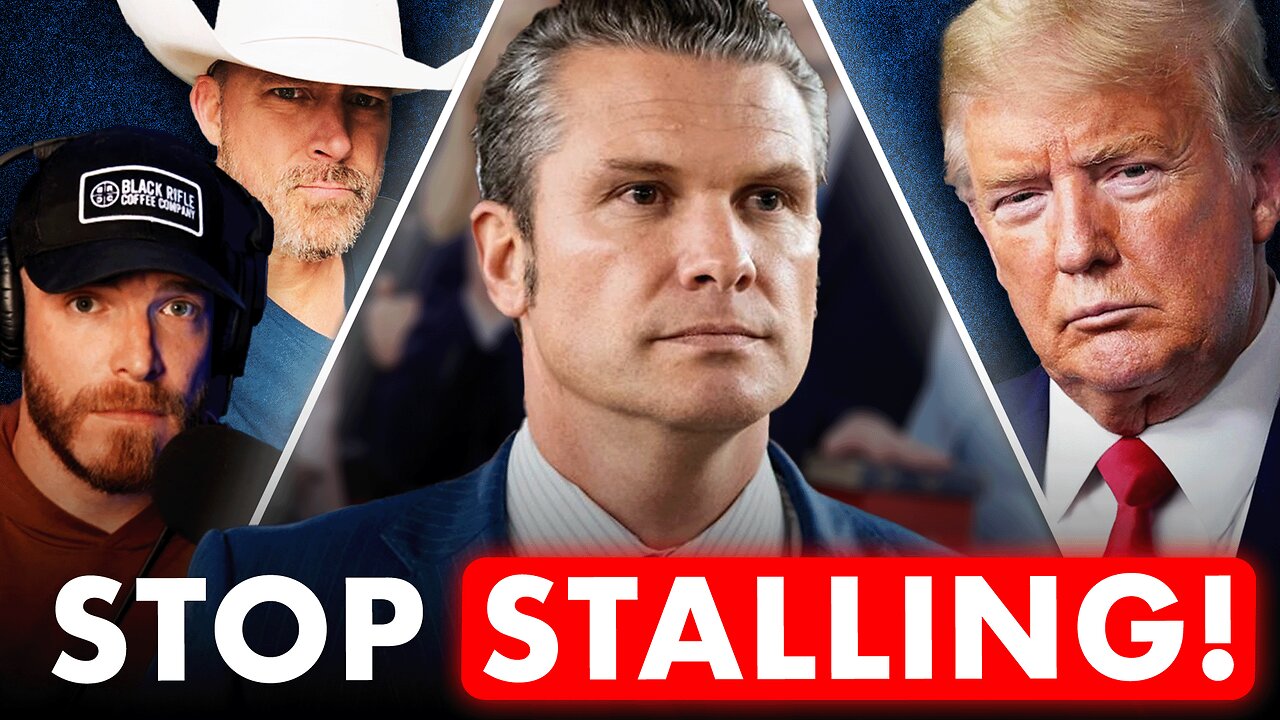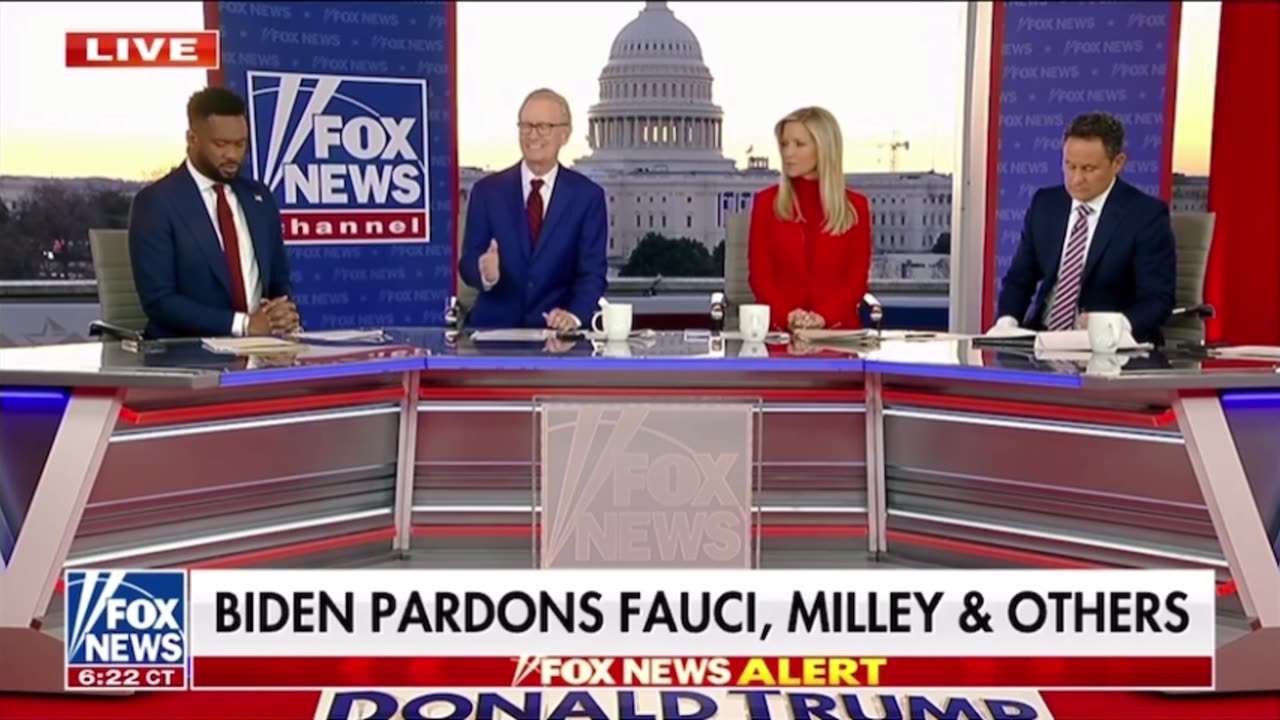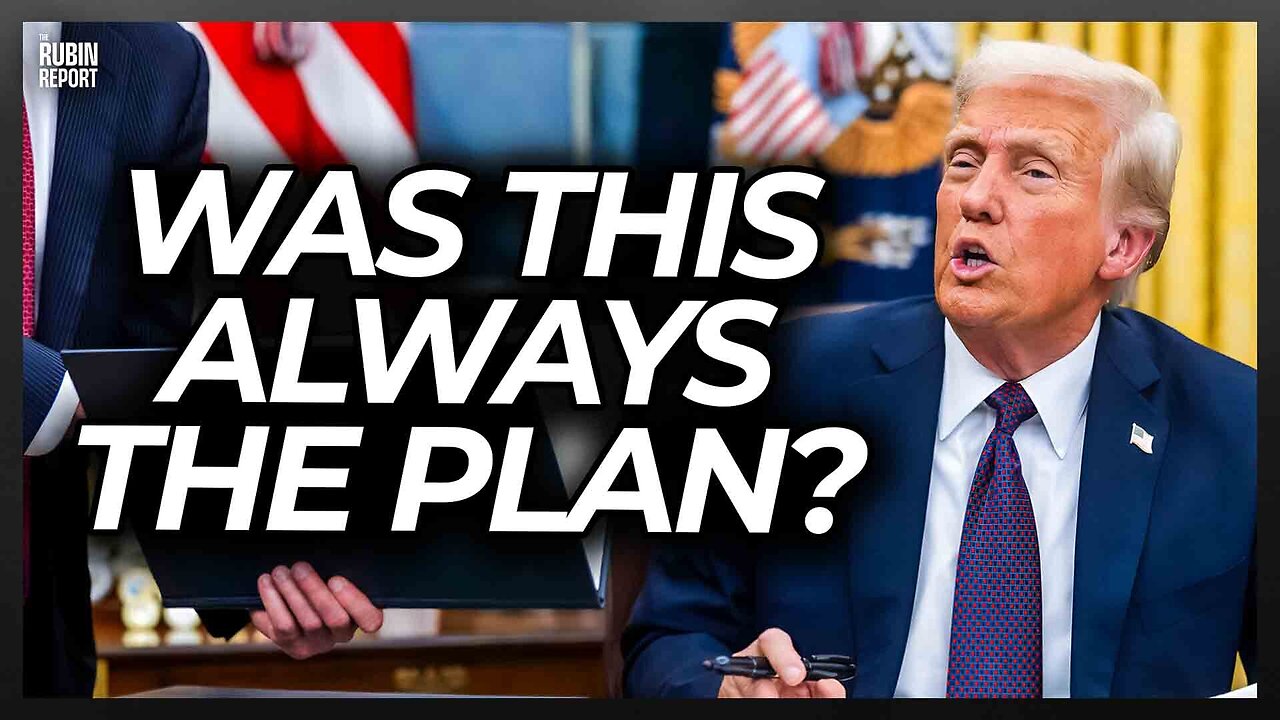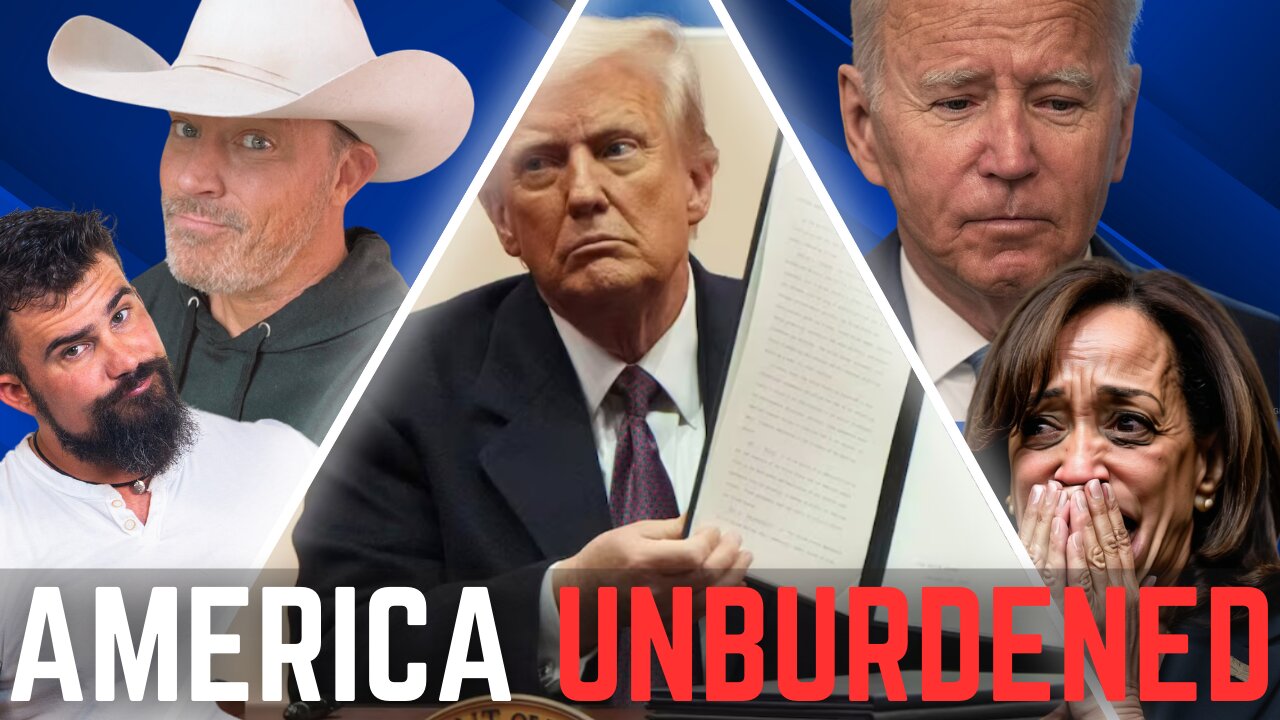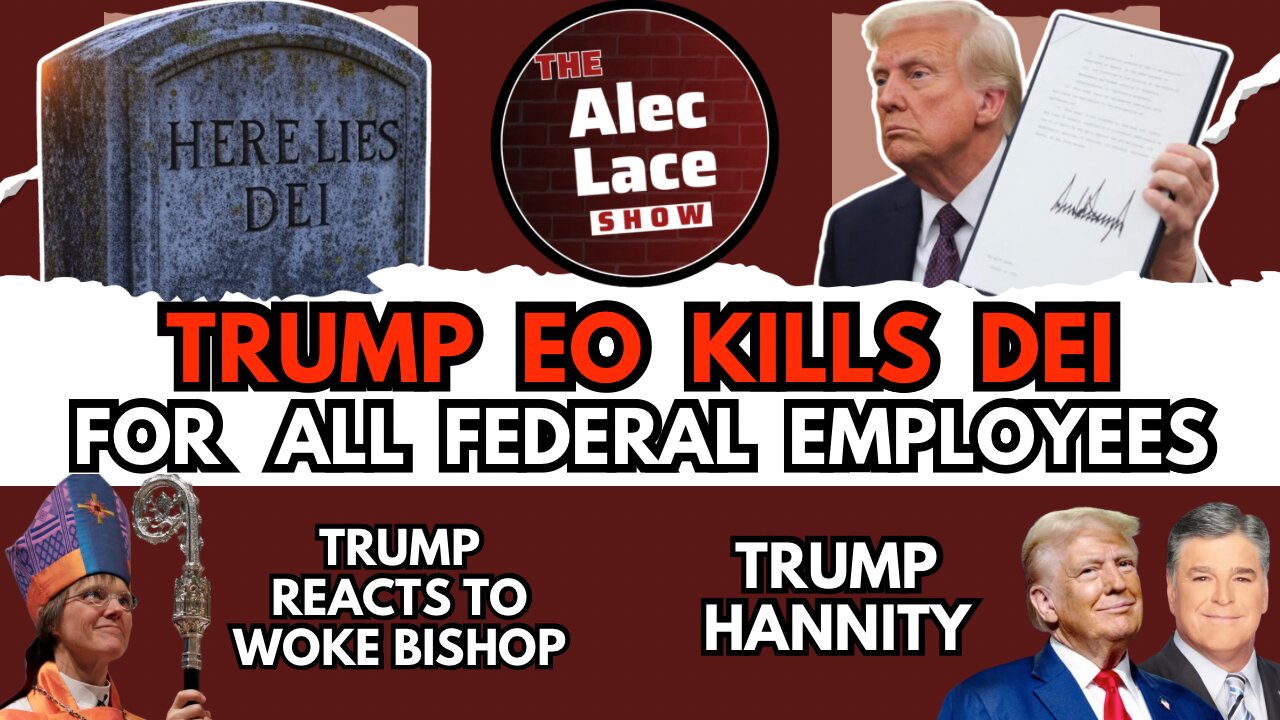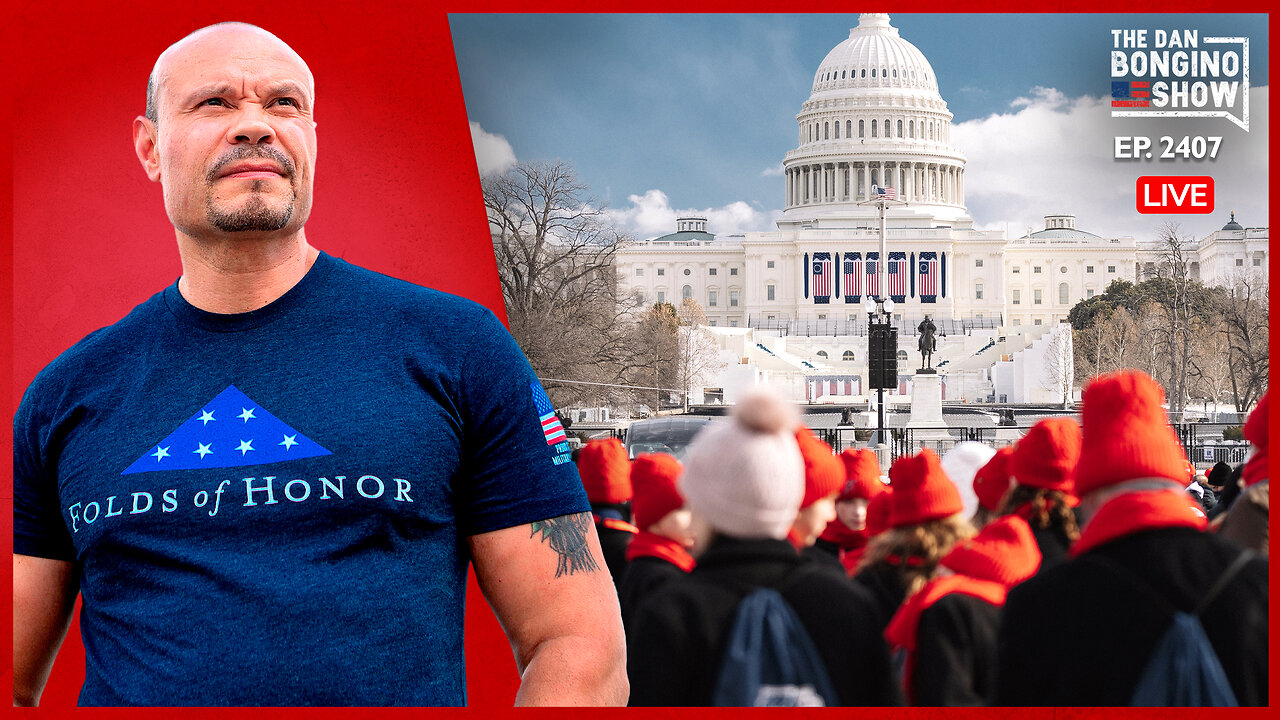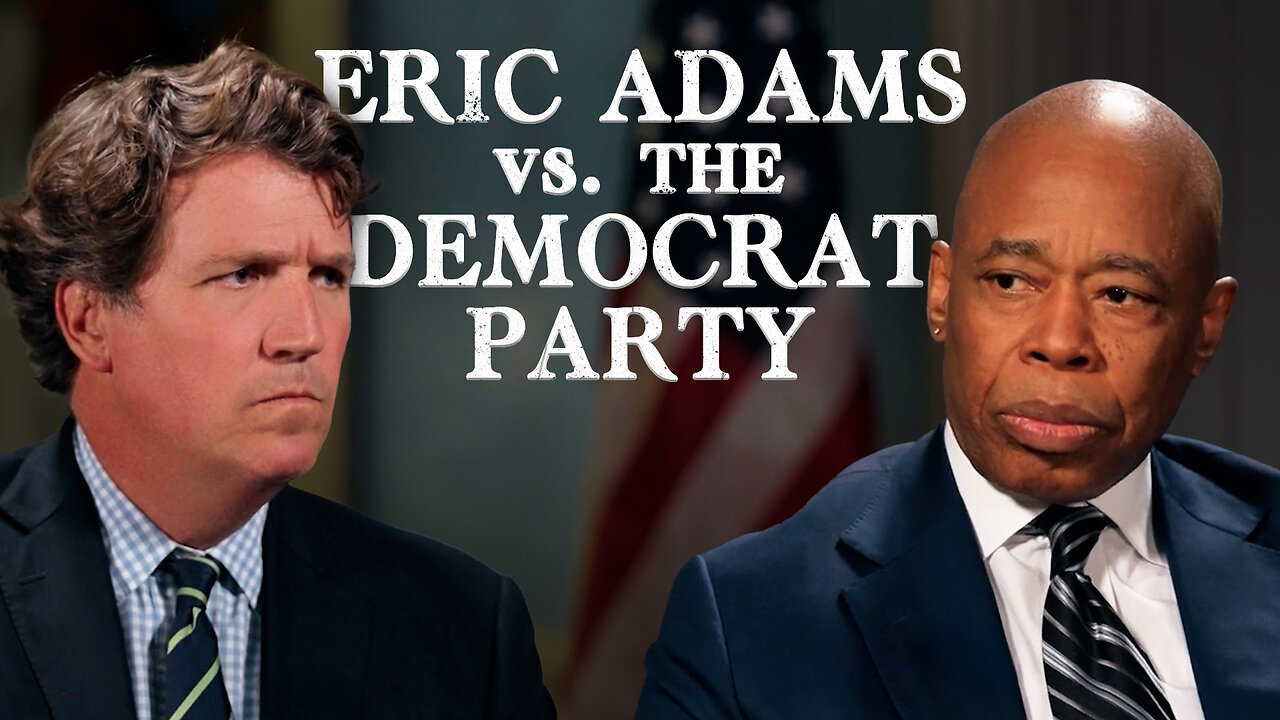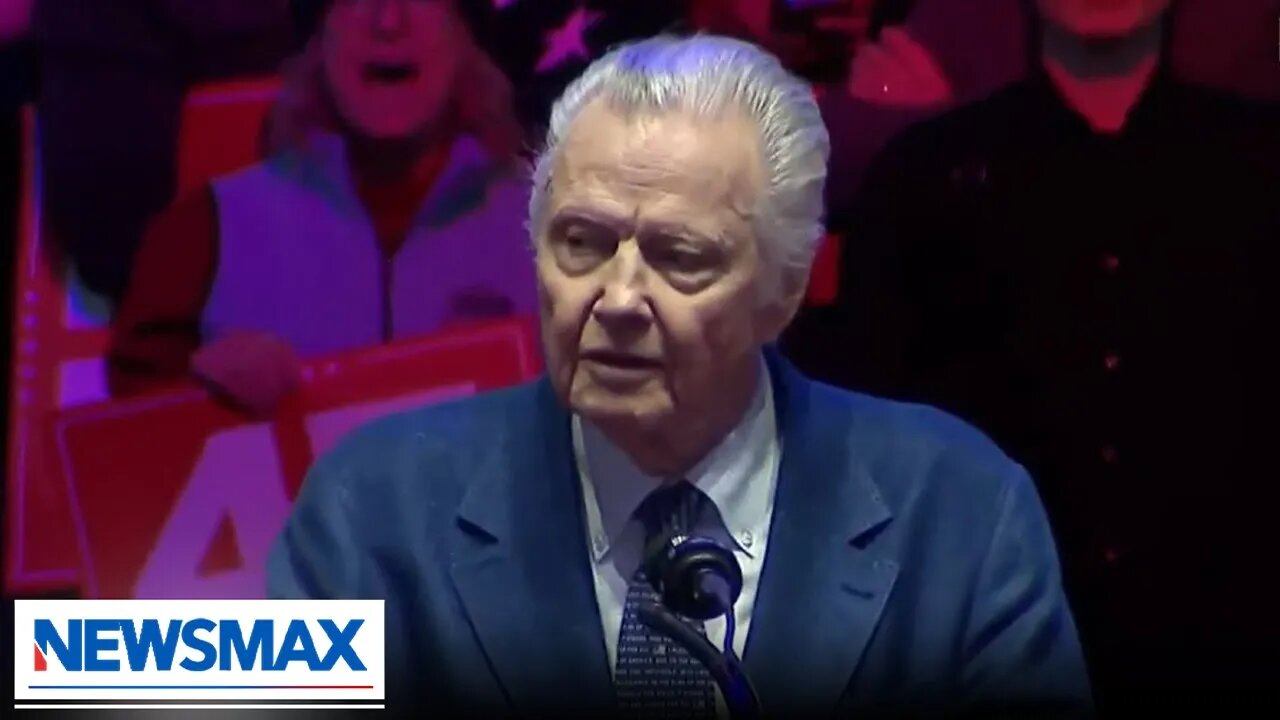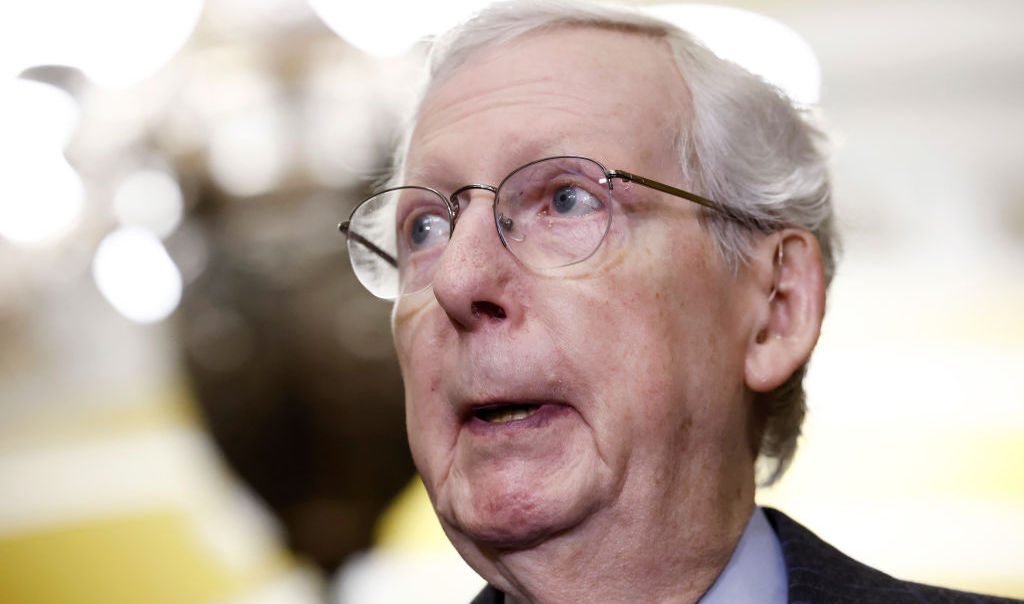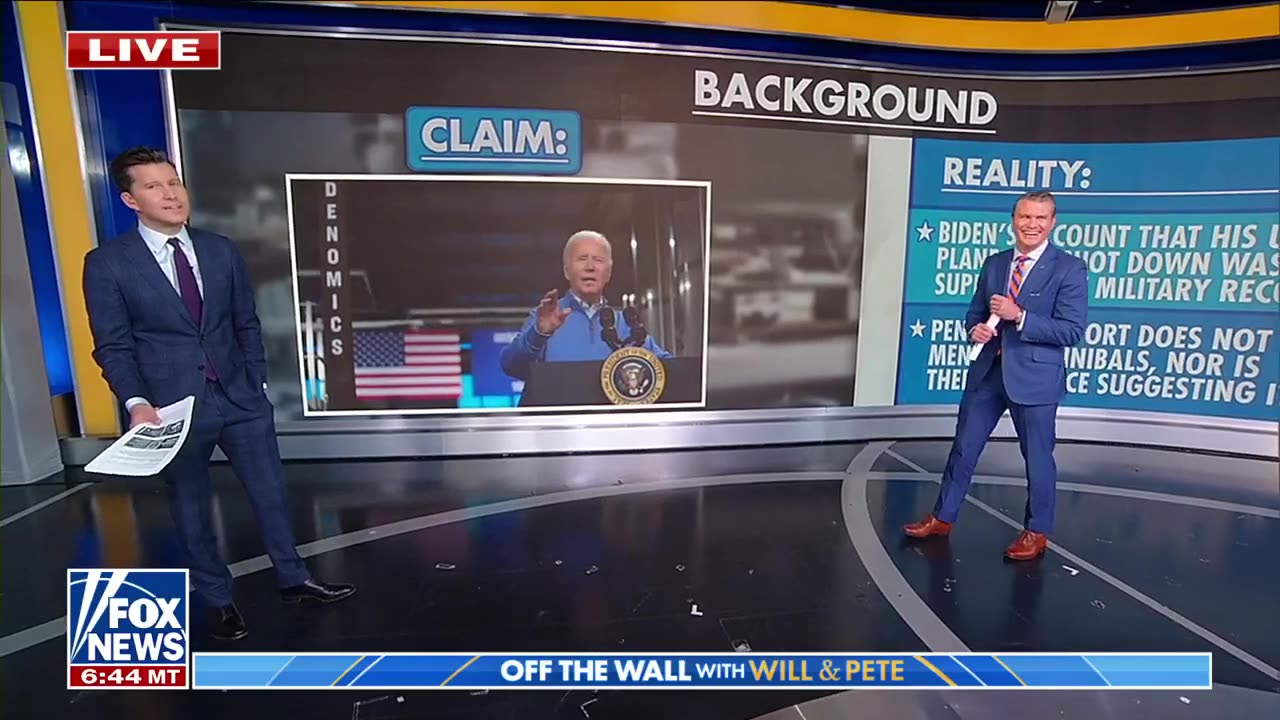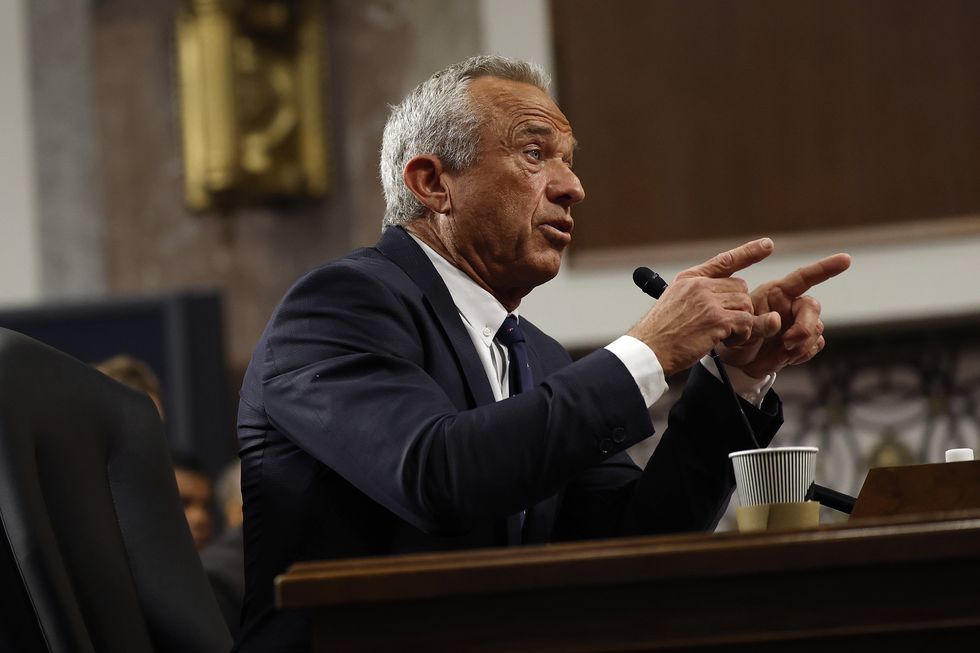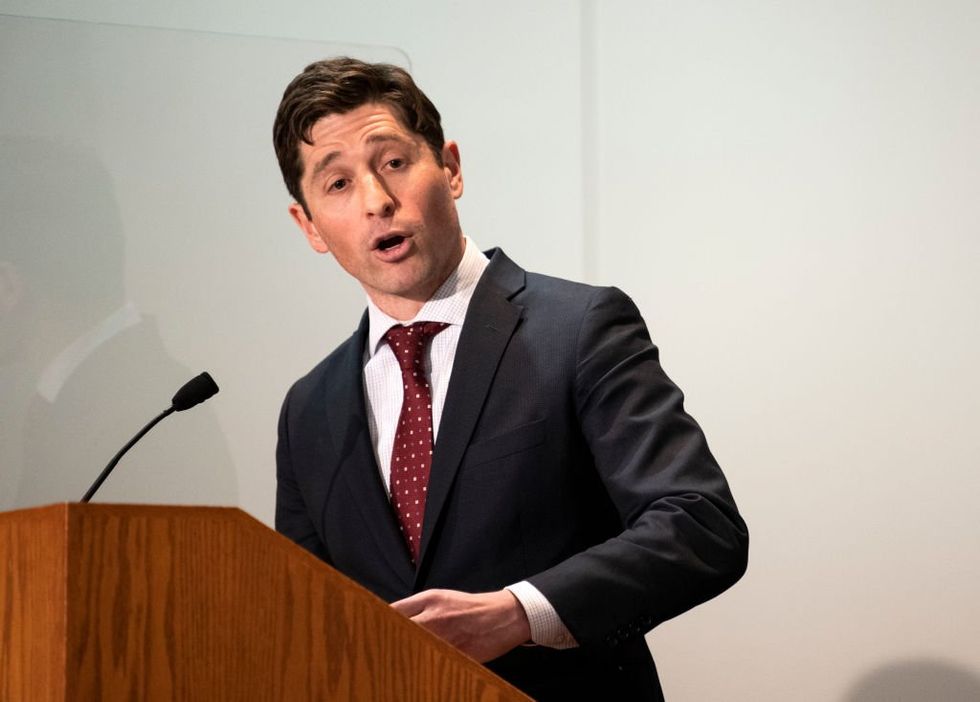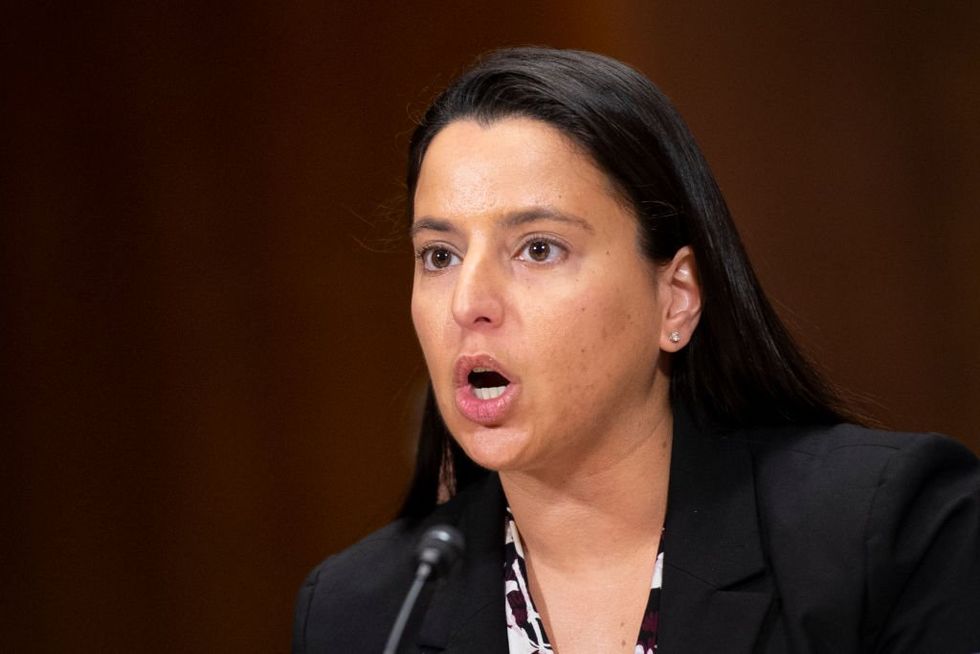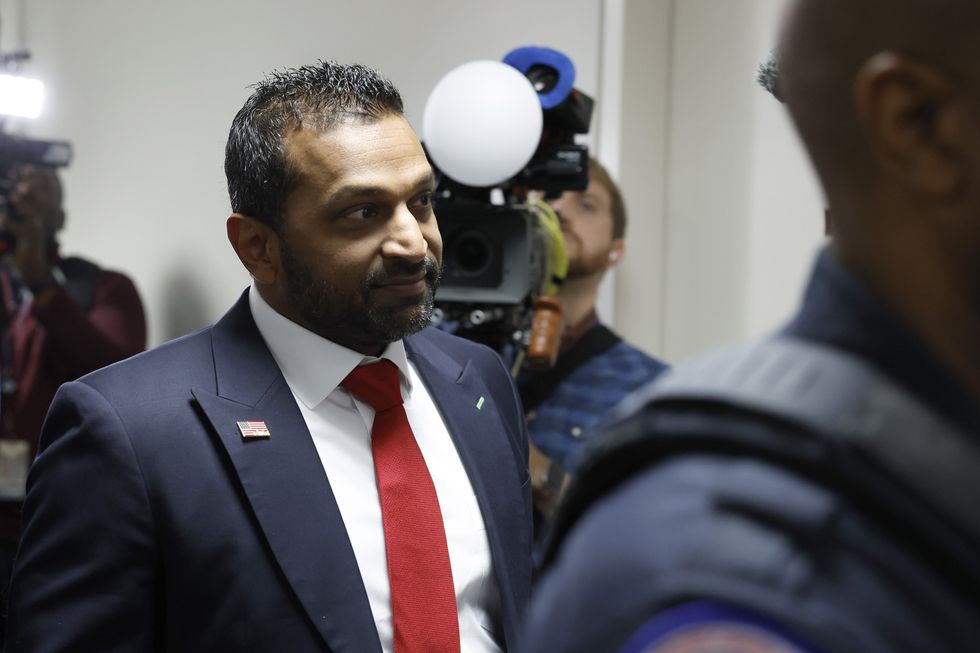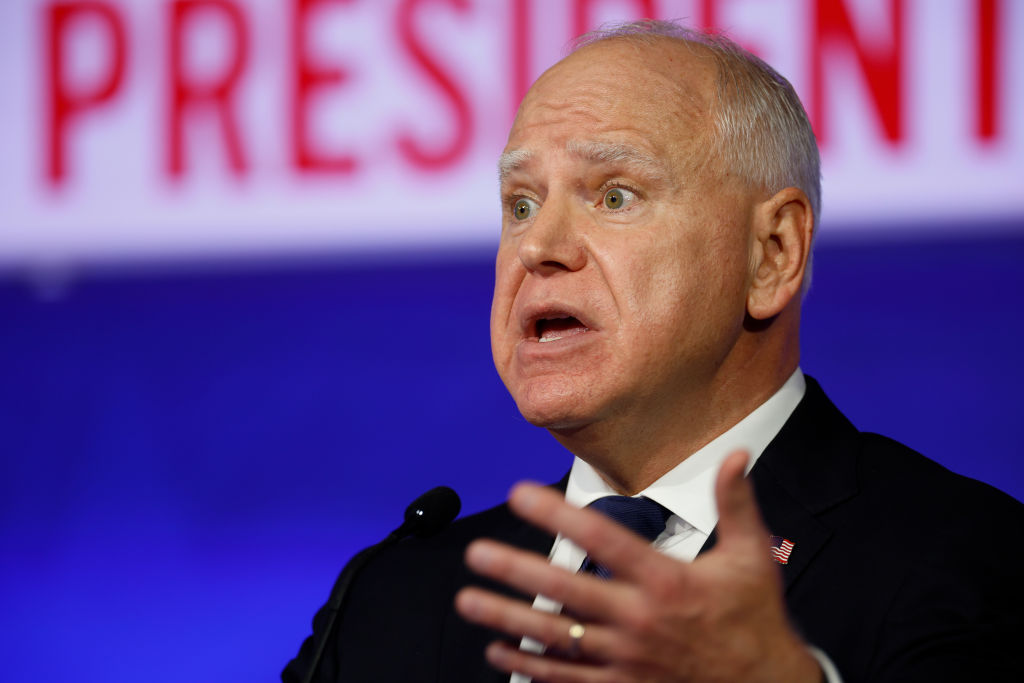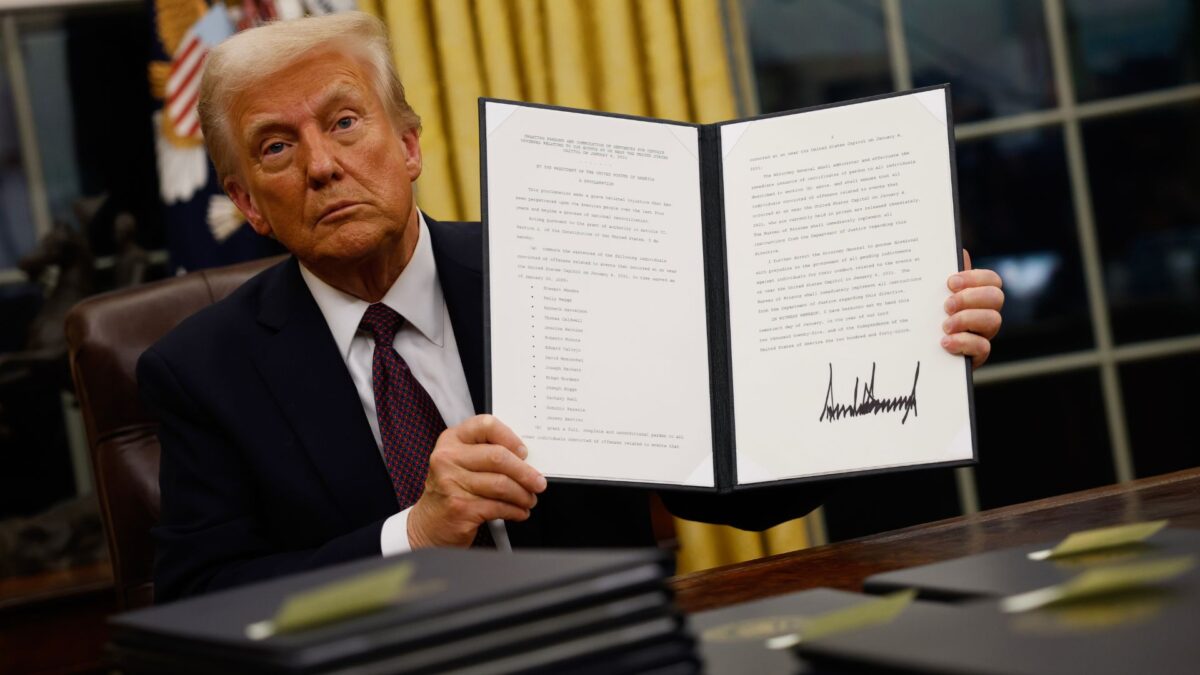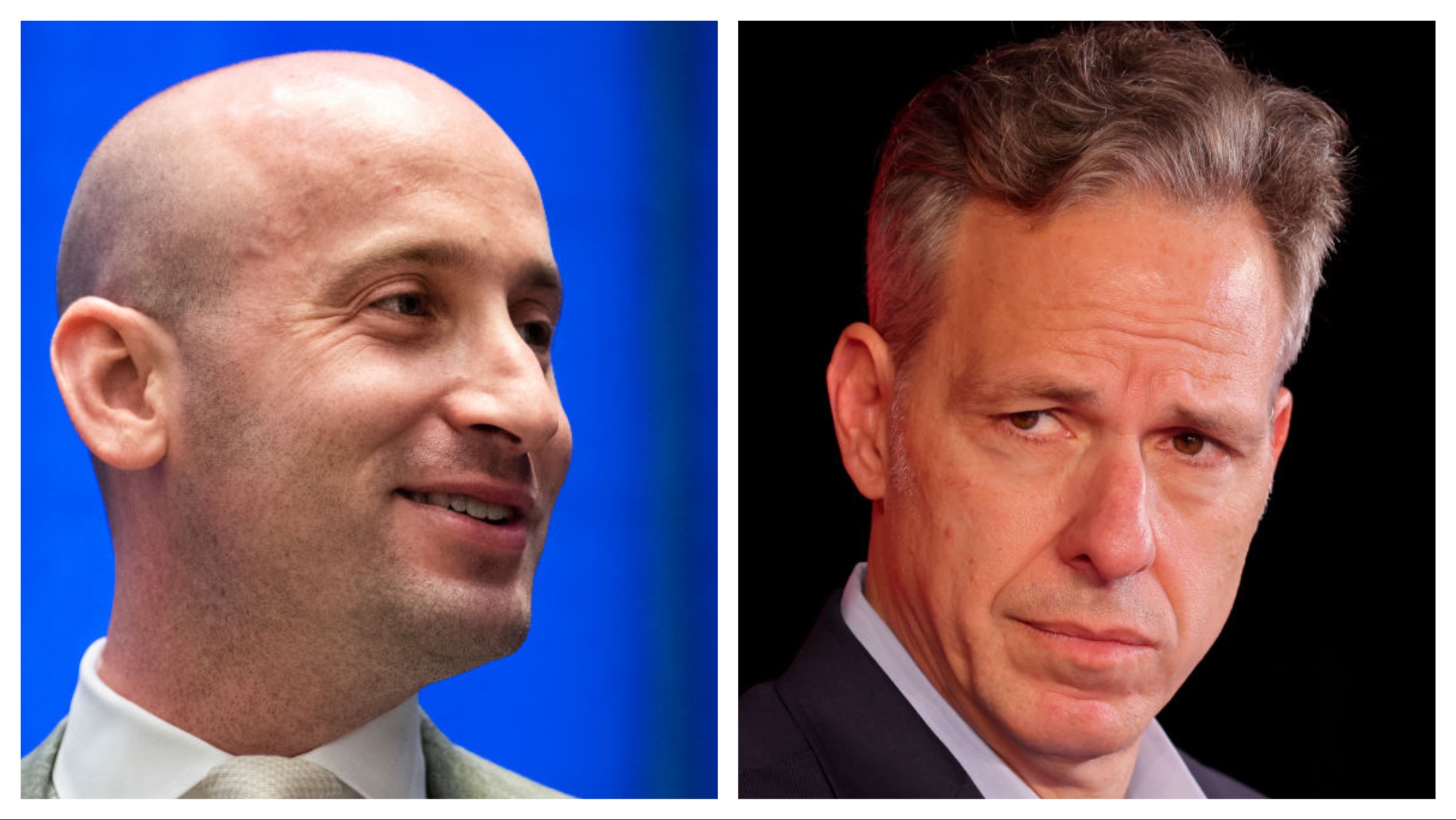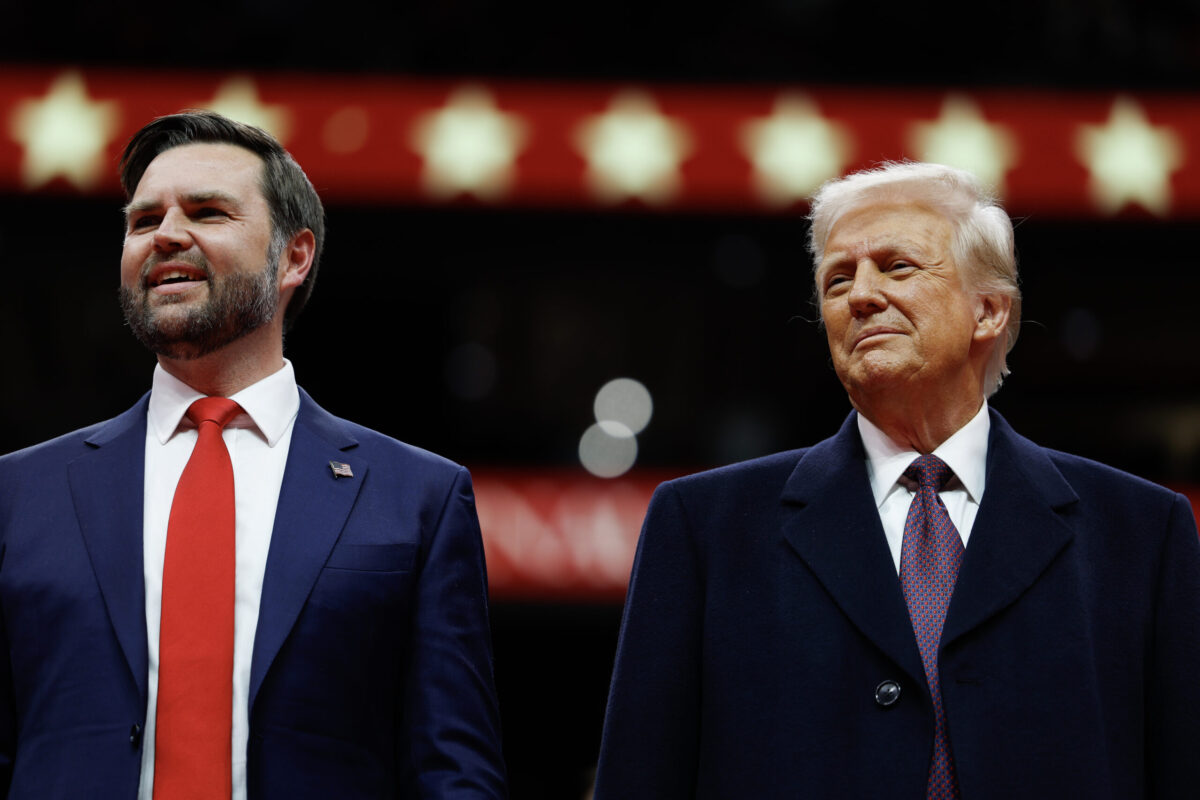U.S. city freaks out over Jesus message, claims right to decide when and how Christians can talk about faith
'Signs, in particular, garner constitutional safeguarding. The protection is sure, even if others happen to find the signs offensive'



Officials in a South Carolina city are claiming they have the right to decide when and how Christians can talk about their faith on public sidewalks.
And their agenda has drawn a terse letter from a legal organization warning that the town’s prior restraint restrictions on signs are unconstitutional.
The fight against the town of Chapin, South Carolina, is being handled by First Liberty Institute on behalf Ernest Guardino.
For months, he’s held small signs while he’s on public walkways in the town to share his faith.
He recently held a 20×24 inch sign that said, “Trust Christ He paid the price” on one side and “He Saved Others—Jesus—He’ll Save You” on the other side.
He was at the intersection of Old Lexington Road and Chapin Road, but had held similar signs with like-minded messages over the previous eight months without incident.
However, in June of this year, a Chapin police officer informed him he had to have town permission to share his faith, the institute reported.
“No one needs the government’s permission to express their faith in public,” said First Liberty lawyer Nate Kellum. “The First Amendment is his permit. Like any citizen in any city in America, Mr. Giardino is free to peacefully share his religious beliefs on a public sidewalk. Chapin’s ordinance is overbroad, unconstitutional, and must be repealed or enjoined.”
The legal team explained the town followed up with messages from a code enforcement officer and police official, who gave him a permit application that said his sign-holding was limited to 30 minutes, and during that time he would have to move to another corner every 15 minutes.
First Liberty has responded with a letter to town officials, including Mayor Al Koon and Police Chief Thomas W. Griffin.
The team told the town, “Permit schemes, like the one found in Chapin, have the effect of freezing speech before it is uttered. Permit schemes are thus viewed skeptically, being ‘the most serious and least tolerable infringement on First Amendment rights.’ A prior restraint like Chapin’s ordinance can survive challenge only if it does not delegate overly broad licensing discretion to government officials. Chapin’s permit scheme falls short of this standard, in multiple ways.”
The letter explained, “A government entity bears the burden of justifying a restriction on speech. … Chapin is unable to meet this burden. The propriety of a speech infringement is assessed through the lens of forum analysis, contemplating the protection afforded the speech, the suitability of the venue for the speech, and the scrutiny applied to the restriction.”
Further, “This analysis reveals Chapin’s permit scheme is unconstitutional. The First Amendment Protects Mr. Giardino’s desired speech … Religious expression is entitled to the same level of protection as other kinds of speech. … To be sure, ‘[r]eligious expression holds a place at the core of the type of speech the First Amendment was designed to protect.'”
Further, “Signs, in particular, garner constitutional safeguarding. The protection is sure, even if others happen to find the signs offensive.”
The letter condemns the city’s ideology as not being content-neutral, and not being “narrowly tailored.”
The town is being asked to provide, in writing, confirmation that the town “will no longer ban his expression on public sidewalks through the aforementioned permit scheme.”
What's Your Reaction?



















